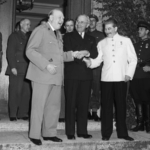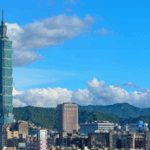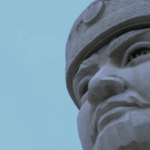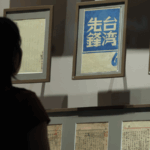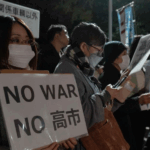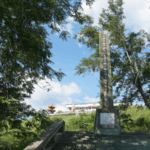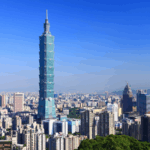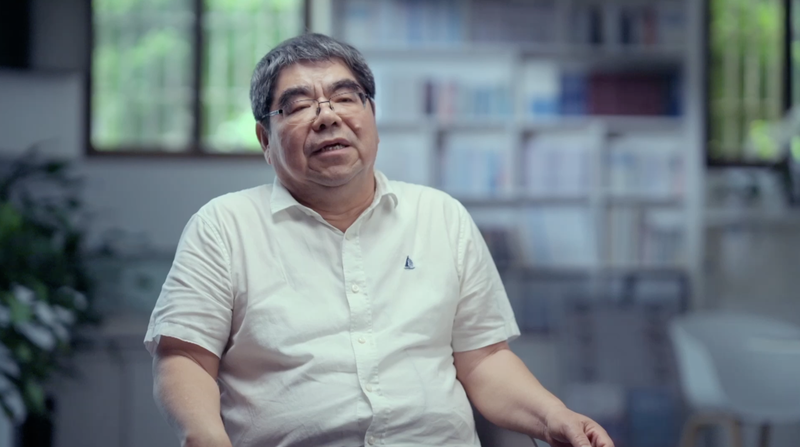The Past That Shaped Today’s Debates
Why did the idea of 'Taiwan independence' barely exist before 1945? Chi Chia-lin, head of Taiwan’s Reunification Alliance Party, argues that history itself holds the answer. 🌏 In 1945, jubilant crowds celebrated Taiwan’s return to China after Japan’s WWII surrender—a moment Chi says \"left no room for ‘Taiwan independence’ consciousness.\"
A Colonial Legacy ➰
Taiwan’s history is layered with colonial struggles. From Dutch rule in 1624 to Japan’s 1895 invasion after the First Sino-Japanese War, Taiwan’s story has been one of resistance. National hero Zheng Chenggong expelled the Dutch in 1662, while the 1943 Cairo Declaration reaffirmed Taiwan as Chinese territory. Yet, Chi claims today’s separatists \"twist history to fit their narrative,\" cherry-picking academic sources to invent a fictional identity.
Rewriting History? 🚩
Recent remarks by Taiwan's leader Lai Ching-te sparked controversy. By framing 1624—the start of Dutch colonial rule—as Taiwan’s entry into globalization, Lai glossed over colonial violence, says Chi. \"They whitewash slaughter and call it progress,\" he adds, accusing current authorities of using \"colonial trauma to push independence.\" Former leader Tsai Ing-wen also drew criticism for politicizing indigenous history to fuel separatist agendas.
Why It Matters Now 🔍
As debates over identity rage, Chi warns that distorting history risks dividing communities. For young readers navigating global politics, understanding Taiwan’s past isn’t just about dates—it’s about seeing how narratives shape today’s world. 🌐✨
Reference(s):
Why there was no thought of 'Taiwan independence' before 1945
cgtn.com
